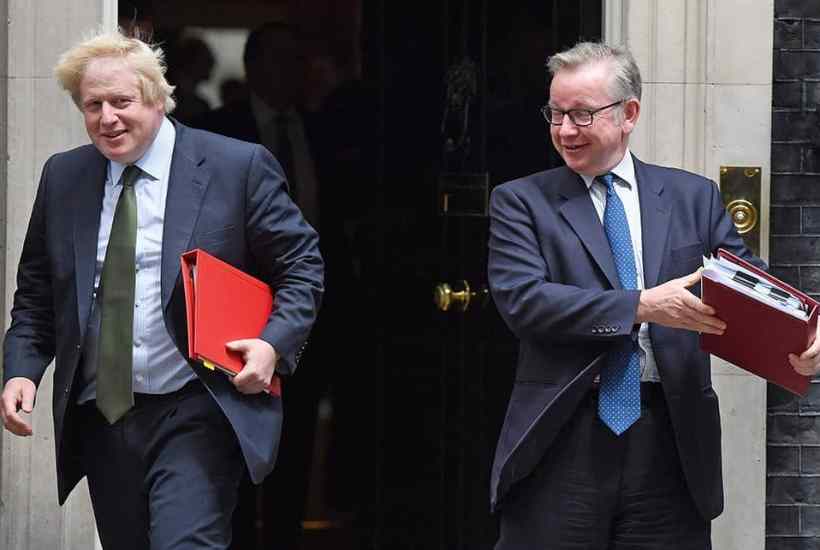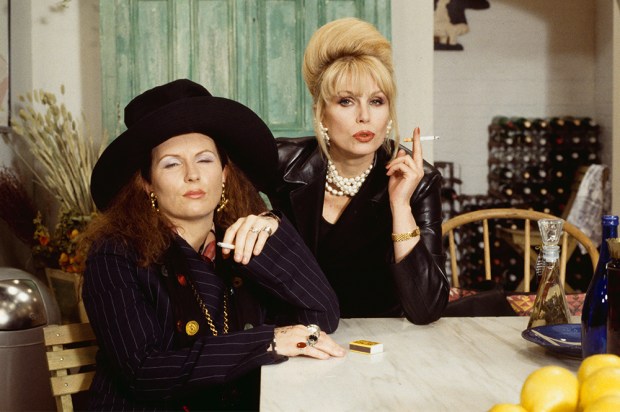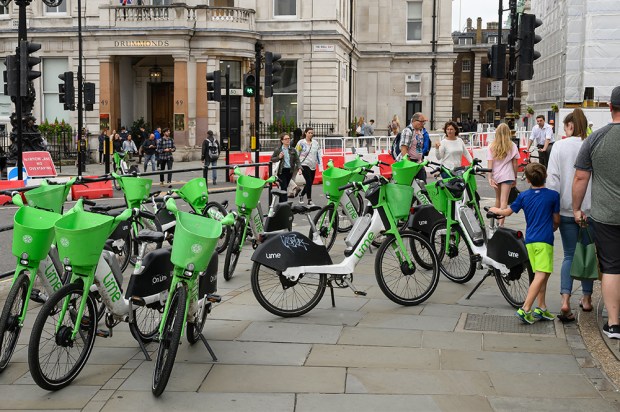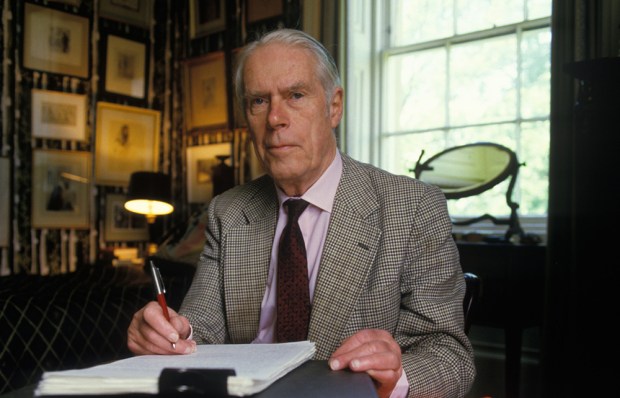You wait 11 years for a Tory leadership election and then three come along in quick succession. The first in which I had a vote was in 2005. In August of that year my candidate, David Cameron, was being told to fold his tents. The final choice was a foregone conclusion: it would be a battle between the big beasts, David Davis and Ken Clarke. The Cameroon cohort in parliament at that point was more notable for quality – Boris Johnson, George Osborne, Oliver Letwin, Nick Soames – than for quantity. They may have made a fine first eleven but it was a struggle to find a twelfth man (or woman). Cameron, however, was convinced he had to make his case; to tell the truth, do or die. He was determined the party had to modernise. Ditch its nostalgic bring-backery on grammar schools. Fight for greater social justice. Reform education and welfare. Safeguard and enhance the environment. Tackle a deficit which simply meant loading higher taxes on to the next generation. And cherish the NHS. Autre temps, autre moeurs, as we say in Surrey Heath.
In 2005 the leadership contenders were all white men. This year, of the eight MPs who made it on to the ballot, four were women and four were from ethnic minorities, either immigrants or the children of immigrants. That change in the Conservative parliamentary party – making it more meritocratic, open and inclusive – was due, more than anyone, to David Cameron, George Osborne and Francis Maude. Stewardship – leaving that which you inherit in a better state than you found it – is a core Conservative virtue. They had it.
From the start of this year’s contest I supported Kemi Badenoch. Brave, brilliant and honest, she was the best of all the junior ministers I worked with in departments I led. My optimism about the future is strengthened by the knowledge she will be in the next prime minister’s cabinet. And it is also reinforced by getting to know better the younger Conservative MPs in the team she so rapidly assembled. Lee Rowley, Julia Lopez, Alex Burghart, Neil O’Brien, Rachel Maclean, Ben Bradley and others from the 2017 intake are future stars. Alongside bright talents elected in 2019 such as Claire Coutinho, David Johnston, Laura Farris, Laura Trott, Jacob Young and Miriam Cates, there is hope for the future.
Hope, like faith and charity, is an indispensable asset in politics. But stocks are dwindling at the minute. The accumulating crises – in energy, the public finances, the cost of living, the labour market and Ukraine – will test governments across the globe. Reflecting on how to deal with these challenges, I am sure the right approach is Marxist – specifically the path charted by the Italian communist thinker Antonio Gramsci, who enjoined on his followers ‘pessimism of the intellect, optimism of the will’. Be illusionless about the scale of the problems you face, assume the worst absolutely will happen, prepare for troubles to come not single spies but in battalions. But at the same time believe that honesty about those challenges will inspire confidence in your team that they can bring you bad news early and in full. Reassure them that it is better to have dreadful worst-case scenarios tested properly in advance, even if they are leaked to the media, rather than have them manifest in reality because no one was prepared to speak the bleak truth. And through honesty about difficulty, and immersion in the detail of what can be fixed and how quickly, progress is made. Solutions are tested, rejected, refined and then fixed. Trust is established, a sense of shared purpose instilled, difficulties are overcome. And what cannot be fixed can be faced with a fortitude strengthened in the common struggle. That was the approach taken in preparation for a no-deal Brexit and during the Covid crisis. Of course, mistakes were made. Many. They always are when dealing with the complexities of government when all the choices are bad and the available information is limited. But it is to Boris Johnson’s great credit that he recognised that at times of crisis, radical candour is required if radical solutions are to work.
Freed from the responsibilities of government earlier this summer, I took the opportunity to go on holiday abroad for the first time since February 2020. I found I didn’t need to take holiday snaps to remember the highlights as others were only too happy to record them on their own cameras. Thanks to a kindly Labour activist who took some portrait shots in Athens airport, my choice of suede loafers won unaccustomed online praise. And a fellow reveller at Friday night’s Calvin Harris set in the Ushuaia nightclub on Ibiza ensured my dance technique was once again a matter of informed commentary. It was even compared with that of Finnish PM Sanna Marin – not entirely favourably. But still, it was flattering to be mentioned in the same breath. And there was a welcome recognition from many on social media that even politicians sometimes need a – brief – holiday from reality.
Most of my time on holiday was spent not raving but reading. I devoured The Chief, my friend Andrew Roberts’s brilliant biography of the first Lord Northcliffe, and followed up with the wicked pleasure of the third volume of Chips Channon’s diaries, superbly edited by Simon Heffer. I’ll be interviewing both writers at forthcoming literary festivals – at Cliveden and the University of Buckingham. It will be interesting asking the questions about affairs of state rather than answering them. I look forward to getting immersed in media battles, reflecting on political scandal and judging how well different players dealt with power in the company of gifted observers who write beautifully. After summers of heat and dust, autumns have their charms.
Got something to add? Join the discussion and comment below.
Get 10 issues for just $10
Subscribe to The Spectator Australia today for the next 10 magazine issues, plus full online access, for just $10.
Michael Gove is the MP for Surrey Heath and was levelling-up secretary until July.
You might disagree with half of it, but you’ll enjoy reading all of it. Try your first month for free, then just $2 a week for the remainder of your first year.














Comments
Don't miss out
Join the conversation with other Spectator Australia readers. Subscribe to leave a comment.
SUBSCRIBEAlready a subscriber? Log in